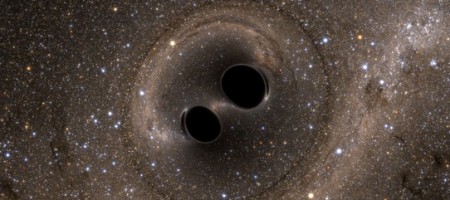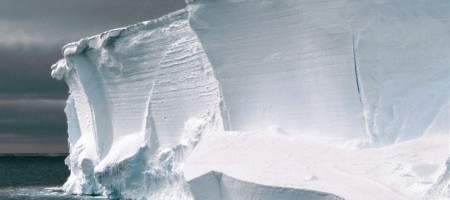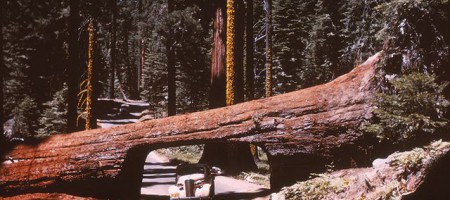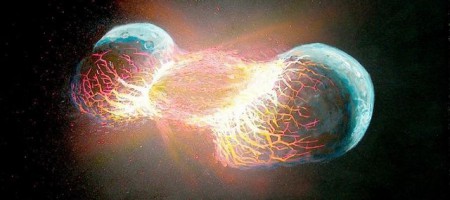UCLA faculty voice: Body mass index perpetuates stigmas and indicates little about health
You’ve just returned from your morning run and you’re rustling through your snail mail when you receive some shocking news — an official memo from your employer informing you that your health insurance premium is increasing by 30 percent.











